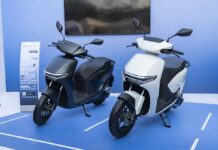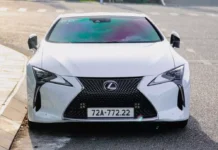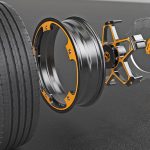Toyota plans to introduce electric cars powered by solid-state batteries in the 2027-2028 timeframe. These cars will have a range of up to 1,200km after every full charge.
Solid-state batteries are the focus of research and development for major car manufacturers worldwide. With their higher energy density, solid-state batteries can store approximately three times more energy compared to traditional lithium-ion batteries of the same weight. Therefore, the brand that leads in solid-state battery technology will have a competitive advantage in the future of the electric vehicle industry.
In June of this year, Toyota surprised the industry by announcing plans to launch electric cars powered by solid-state batteries in 2027. This announcement dispelled any doubts about Toyota’s commitment to electric vehicles, as the Japanese automaker had previously shown limited interest in electrifying its product lineup.
Recently, Toyota provided more details about its battery development project. The company will collaborate with the oil refining company Idemitsu to produce solid-state sulfur electrolytes at a scale sufficient for over 10,000 vehicles by 2027-2028. However, this production volume is just a fraction of Toyota’s plan to manufacture 3.5 million electric vehicles by 2030.
According to Toyota’s roadmap, its electric cars will offer a maximum range of up to 800km by 2026 and 1,000km from 2027-2028. Additionally, the company plans to introduce affordable lithium iron phosphate (LFP) batteries in 2026-2027, enabling the vehicles to travel approximately 600km on a full charge. The solid-state batteries are expected to be launched in 2027-2028, providing a maximum range of up to 1,200km.
Thái Son (Tuoitrethudo)
Reference: InsideEV





























_result.jpg)
_result.jpg)



![[CAR REVIEW] Rolls-Royce Spectre: A Symphony of Luxury](https://vnauto.net/wp-content/uploads/2023/10/xehay-rrspectre-30082023-1-150x150.jpg)












